Curriculum
Mathematics
Exam Board: Edexcel
Exam Board Website: Pearson ![]()
| Mathematics Curriculum Summary | |||||||||||||||||||
| Year 7 | This section will be updated shortly. | ||||||||||||||||||
| Year 8 | |||||||||||||||||||
| Year 9 | |||||||||||||||||||
| GCSE |
General Information Every pupil is required to take Mathematics as a GCSE subject. Mathematics will provide you with a varied and useful ‘toolbox’ of skills with which you can understand a wide variety of mathematical problems. It will train you to not only be logical and systematic, but to also see the relevance and beauty of maths in all areas of life. The study of mathematics will enable you to:
More able students will have an opportunity to sit an additional qualification, currently the Certificate in Further Mathematics. This allows them to secure the highest grades in their GCSE as it extends students into further mathematics topics. It is an ideal course for those wanting to study A Level Mathematics. Less able students will sit the Entry Level in Mathematics which can be completed at Level 1, Level 2 and Level 3. This allows students to develop and practice the mathematical skills that underpin the GCSE Mathematics. Key themes through the GCSE Key Stage You will study topics from six broad areas of mathematics:
Exam Structure All pupils will follow the Edexcel specification. The Mathematics GCSE is still tiered with both Higher (Grades 4 – 9) and Foundation (Grades 1 – 5) tiers available. The course is linear and is assessed with three exams at the end of the course in Year 11 – one non-calculator and two calculator papers. Each paper is worth exactly one third of the final mark. Below is the weighting on the mathematical content at each tier:
What it can lead to after leaving Swanmore College? Mathematics underpins the world around us and a good understanding of maths will help with many everyday life activities from catching a train, to managing personal finances, to baking a cake! Many other subjects have mathematical elements so GCSE Mathematics will help support studies subjects such as Science and Geography. Every student will require maths to continue in any field of higher study. All students wishing to continue onto college or University (to do any course) will require a grade 4 or 5 as a minimum. If you wish to study A Level mathematics at college you will require at least a grade 6 but Grade 7 is preferred. Students wishing to pursue a career in mathematics have a wide range to choose from. Many mathematicians go into the fields of accountancy and investment banking. Some go into computing, engineering sciences, statistical research or research sciences. Mathematics is also essential for many architectural careers. Other courses that contain a high degree of mathematical knowledge include medicine, politics, teaching, management and running a business. The possibilities are endless! |
||||||||||||||||||
REVISION HELP
Pearsons Edexecel GCSE (9-1) Mathematics revision guides can be purchased at the Finance Office
Mathswatch: https://vle.mathswatch.co.uk/vle/
PiXL Maths App can be downloaded on to electronic devices or found here: https://mathsapp.pixl.org.uk/
Corbett Maths: https://corbettmaths.com/
Maths genie: https://www.mathsgenie.co.uk/gcse.html
